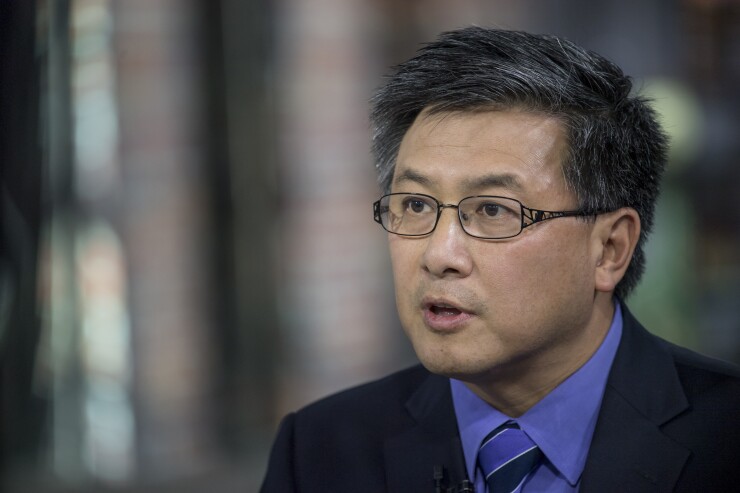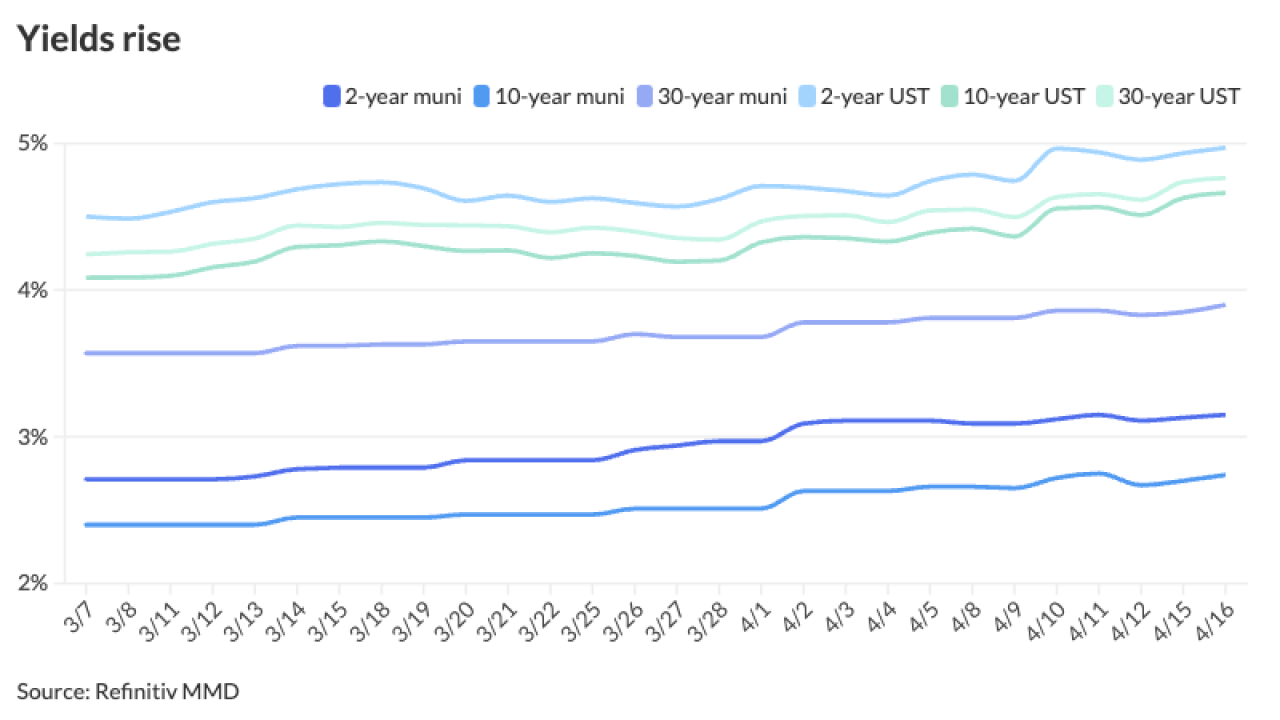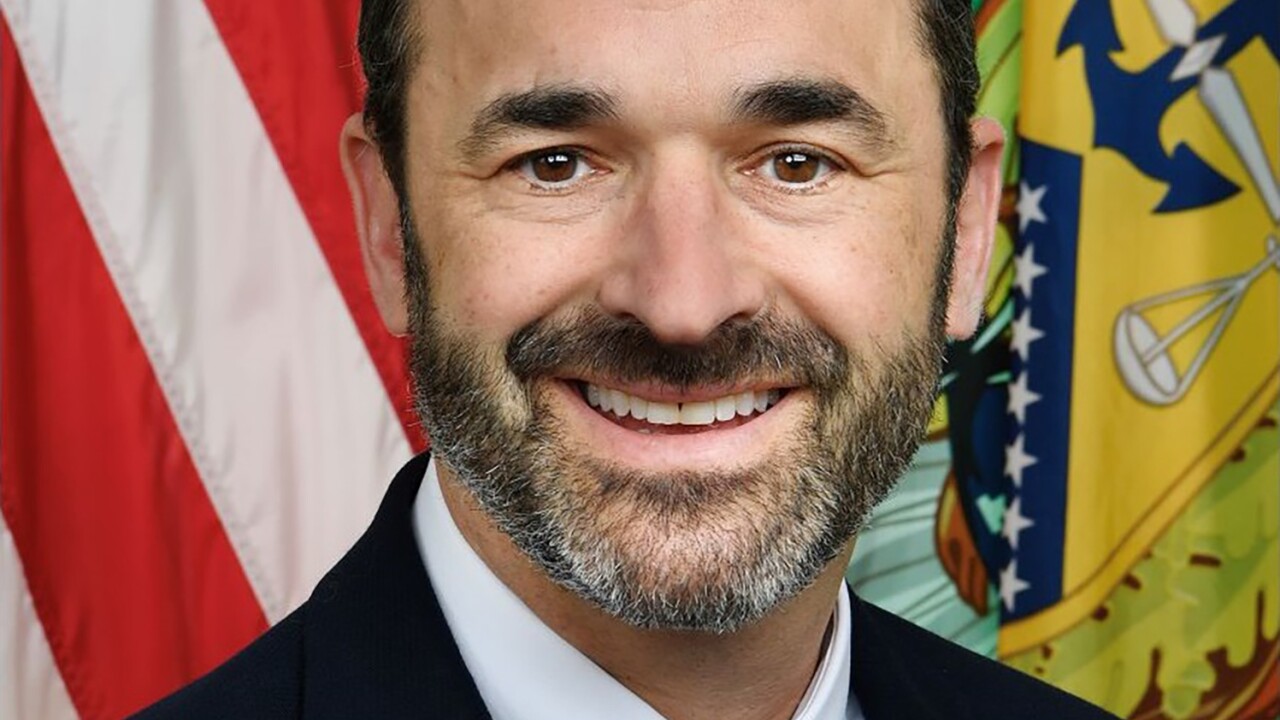CARLSBAD, Calif. -- California State Treasurer John Chiang, a candidate for governor in 2018, highlighted affordable housing, immigration and income disparity in California as three important issues.
Chiang was the keynote speaker for the first day of The Bond Buyer's California Public Finance Conference here Monday, and also spoke at a pre-conference California Debt and Investment Advisory Commission event.

The state has managed to pay down billions in debt, Chiang said, but the economy is flattening and the affordable housing crisis is impacting the state's ability to attract and retain jobs.
Chiang, Lt. Gov. Gavin Newsom and former Los Angeles Mayor Antonio Villaraigosa are the reported frontrunners to replace Gov. Jerry Brown when he terms out in 2018.
"The federal government's support for housing has been declining," Chiang said. "That has occurred even as we have had presidents across different parties.
Chiang's likely Democratic foes in the governor's race include Lt. Gov. Gavin Newsom and Antonio Villaraigosa, the former Los Angeles mayor and former state Assembly speaker.
"We need to figure out what to do to drive services to communities," Chiang said.
The state has serious issues -- such as the fact that one in every five Californians live in poverty -- and a flattening economy; "so we need to think about where we can grow," Chiang said.
One of those areas is by working on immigration issues since California is best poised to benefit from India and China's growing middle class as the closest coast to the Far East, he said.
It behooves California to seize the opportunities represented by that, he said.
"To create walls whether physically or through language limits our ability to do that," Chiang said.
"I am not trying to put down President Trump," he said. "I just want to express concern because of opportunities related to international trade for California, especially given our port activity."
Conference co-chair Peter Hill, head of public finance at UBS, told conference goers "not to wager against Chiang" in the governor's race in his introduction of the treasurer.
California has rebounded from the dark days of the recession when there was a $30 billion deficit. That is evidenced, said Chiang, by the fact the economy has gone from being the 12th largest in the world to the sixth.
When Chiang was controller in 2009 California had to issue warrants when the state couldn't pay its vendors in the midst of a budget crisis. Now the balance sheet is strong enough that the state hasn't issued once-routine revenue anticipation notes to manage intra-year cash flow since 2014.
"We have wiped out the $30 billion deficit and we have not gone out for RANs -- and we are building out somewhat of a reserve," Chiang said.
That is not to say the state does not have challenges, and those include concerns about how the state's tussles with the federal government could impact its financial success, Hill said.
Chiang concurred by naming Immigration and potential Affordable Care Act repeal as two of the largest concerns for the state.
A partial repeal of the Affordable Care Act could cost the state $138 billion over the next decade, he said.
Studies have also estimated 209,000 jobs could be lost in the healthcare sector, he said.
"That would stall out the economy and put huge headwinds to economic progress for the state," Chiang said.





